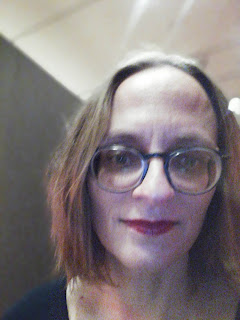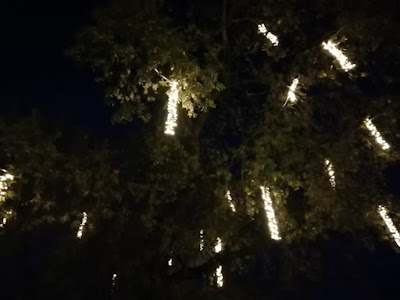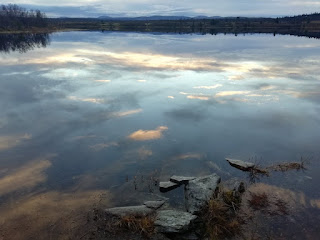The archetypal layers of the psyche
The first book I read on jungian perspectives on development was the classic Women who run with the wolves by Clarissa Pinkola Estes. I was twentysomething and borrowed the book from my flatmate, who was an artist and a free spirit. I read it and was intrigued, and it has inspired me many times since then.
Clarissa writes about the archetype or universal psychic pattern of the wild woman, with whom women needs to reconnect with to feel creative, healthy, nourished and alive. Its about connecting with deeper parts of the psyche which have been suppressed in the process of socializing and adjusting to societal norms. The wild woman archetype is the inherent, instinctive Self, and Clarissa shows us how she is described in myths and fairytales from around the world. To jungians, myths and fairytales express timeless truths about the human psyche and the challenges it will go through, and give guiding on how to meet and resolve the challenges. So myths and fairytales are in this perspective expressions of profound and universal wisdom of life, wisdom which may reconcile and heal splits and wounds in the psyche. Clarissa analyzes famous fairytales like Bluebeard (Ridder Blåskjegg) and Vasilissa (Dukken i gresset) as important stories for women, guiding them in their encounters with the deep forces of the psyche.
In my own life connecting with the wild woman archetype has been about embracing my power, integrity, creativity and autonomy, and in general acknowledging that being a human being is being nature. This has in particular impacted me as a mother, and has made me meet my childrens spontaneous expressions and emotions with curiousity and openness, not rules and prohibitions. Instead of seeing their natural expressions as bad behaviour which needed to be corrected or forbidden, I have seen it as beautiful expressions of life force which I wanted to meet, explore and help giving shape.
Connecting with the wild woman archetype was a way to become more whole and manifest more of myself in the world. Now I wonder about the role and function of the archetypes on the collective level. What I am especially curious about is the fundamental concept of archetypes in jungian thought, and how this concept may point to phenomena and experiences we need to consciously reconnect with in western culture in order to regain balance and health as a culture. The expert on german mythology Paul Wasserman writes about the archetypal illiteracy and even archetypal lobotomy of our mainstream culture, and I think he points to something important. We used to have a living experiental relationship with the archetypes and myths through religious faith and practices, but modern times have rejected religion, and we are left with no places in our lives to connect with the archetypal layers of the psyche.




Comments
Post a Comment